
Tong Hoang Dai Park was the site of many important events associated with the Vietnamese revolution and Uncle Ho.
From famous case to noble friendship
Nguyen Ai Quoc - Ho Chi Minh 's revolutionary activities abroad lasted 30 years (1911 - 1941). He traveled to countries such as France, the United States, England, the Soviet Union (now the Russian Federation), Thailand, China... to find a way to fight for national liberation and independence for the country.
The period from 1930 to 1933 was the time when Nguyen Ai Quoc (at that time he took the name Tong Van So) was active and imprisoned in Hong Kong (China). Although his time here was short, it left behind thrilling and touching stories between him and the family of British lawyer Francis Henry Loseby.
After unifying the three Party organizations in Indochina into the Communist Party of Vietnam (February 3, 1930) in the Kowloon Peninsula (Hong Kong, China), Nguyen Ai Quoc went to Siam (Thailand), Malaysia, Singapore, and then returned to Shanghai to help Vietnamese comrades organize the revolutionary movement. He then returned to Hong Kong and rented a room on the second floor of house number 186 Tam Kung Street under the name Tong Van So. He also lived with a teenager named Ly Phuong Thuan. To signal comrades to come and receive instructions and deliver documents, Uncle Ho stretched a rope on the street to hang towels. If the towel was hung straight, it meant safety. If the towel was slanted, there was trouble.
Early in the morning of June 6, 1931, while he was washing his face and had not yet had time to dry his towel, the police suddenly came and arrested Comrade Tong Van So and Ly Phuong Thuan and took them to the Hong Kong Police Department. After that, Comrade Tong Van So was detained in Victoria Prison. Fortunately, Comrade Ho Tung Mau met a progressive British lawyer named Francis Henry Loseby to ask him to protect Comrade Tong Van So. Right from the first contact, this lawyer had a good impression of the young Oriental man who was "thin, pale but had bright eyes on a broad forehead" and was able to speak English fluently and intelligently. Therefore, he agreed to help Tong Van So without asking for any compensation.
With the support of two friends, lawyer Loseby prepared sharp arguments and evidence to defend his client against the Hong Kong government and British police violating the law during the arrest, interrogation and deportation of Tong Van So... After 9 trials lasting from July 31 to September 12, 1931, Tong Van So was still imprisoned but not yet deported to Indochina.
With the help of lawyer Loseby, Tống Văn Sơ appealed to the British Royal Privy Council. On December 28, 1932, the Hong Kong government had to release Tống Văn Sơ and provide $400 for travel expenses. But when he arrived in Singapore, the local police used the excuse of arresting Tống Văn Sơ and returning him to Hong Kong. He continued to be detained on the grounds that he "came to Hong Kong without a permit". As soon as he received the news, lawyer Loseby cleverly asked the Governor of Hong Kong to intervene so that Tống Văn Sơ would be released on the condition that he leave Hong Kong within 3 days. This time, lawyer Loseby's family helped Tống Văn Sơ disguise himself as a Chinese contractor and board a ship to Xiamen (China) on January 25, 1933. From here, Tống Văn Sơ - Nguyen Ai Quoc went to Shanghai, to the Soviet Union and continued his revolutionary activities.
After returning to Vietnam, comrade Nguyen Ai Quoc tried to contact lawyer Loseby's family several times, but because of concerns for Uncle Ho's safety, Mr. Loseby did not respond. It was not until 27 years later, in 1960, asPresident of the Democratic Republic of Vietnam, that President Ho Chi Minh had the opportunity to invite his benefactor's family to visit Vietnam. Since then, the relationship between Uncle Ho and Mr. Loseby's family has been maintained regularly and warmly.
The 1931 “Hong Kong Affair” became one of the most thrilling cases in world history, but through it we can see the shining spirit of a staunch communist and the good feelings that the people of the world had for President Ho Chi Minh.
Find ancient traces
Today, Hong Kong has become a major commercial and financial center of the world with modern skyscrapers, bustling streets, and crowds of tourists. Current life has more or less erased traces of the past, but there are still relics related to Nguyen Ai Quoc - Tong Van So. For example, Tam Kung Street now only extends to house number 148 because since 1969, the Hong Kong government demolished a section of Tam Kung Street to open Olympic Avenue. Therefore, house number 186 Tam Kung where Uncle Ho used to live has now become Olympic Avenue.
Victoria Prison, where Uncle Ho was imprisoned, has now been converted into a museum and is an attractive tourist destination in Hong Kong. On Uncle Ho's birthday every year (May 19), Vietnamese people currently studying, living and working in Hong Kong visit this relic to review the historical lessons of the nation associated with President Ho Chi Minh.
Another relic related to Nguyen Ai Quoc is Tong Hoang Dai Park. This is where major events related to the Vietnamese revolution took place, such as the founding of the Communist Party of Vietnam (February 1930), the first meeting of the Party Central Committee (October 1930)... Today, in the park there is still a stone engraved with the three words "Tong Hoang Dai" as a reminder to people of the history of this place that has existed for centuries.
If the above relics are cared for and signposted, they will become interesting tourist attractions, of historical value and priceless spiritual assets between the people of Vietnam and China.
Source


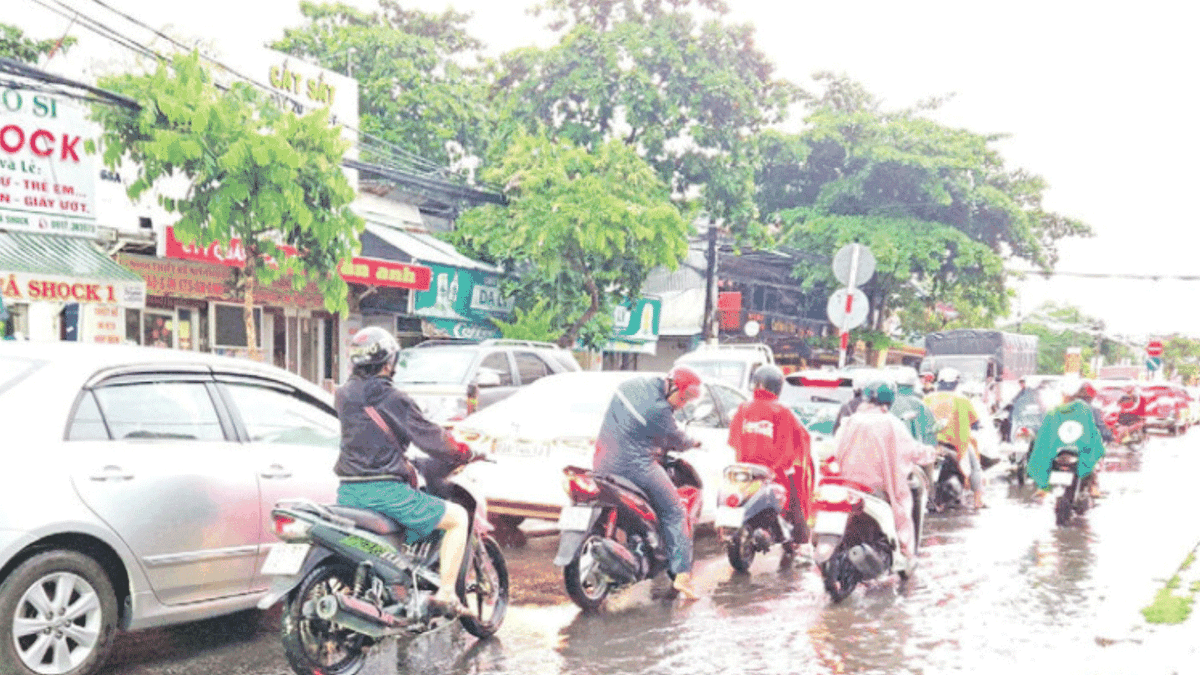


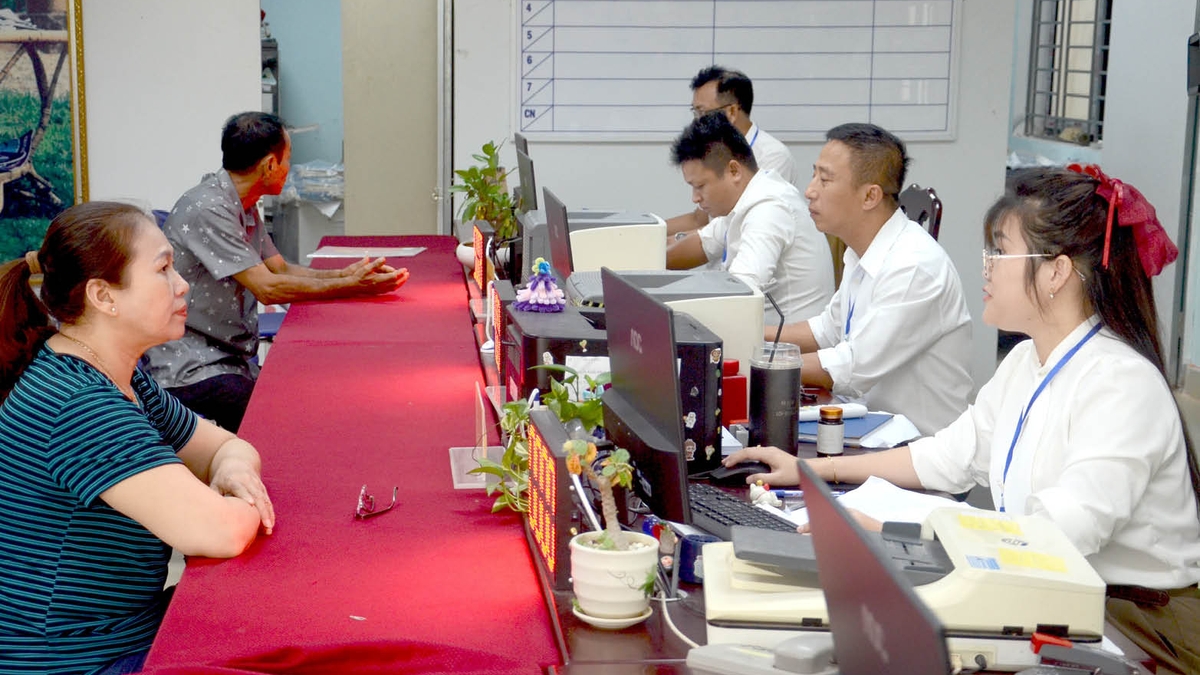
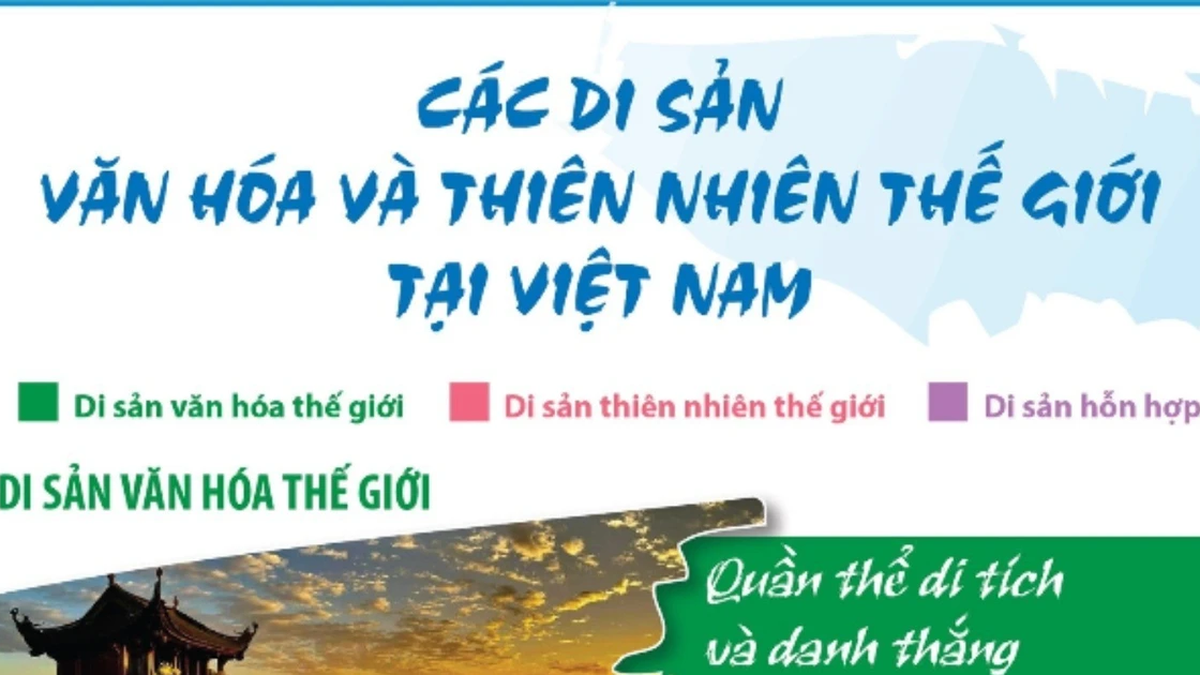

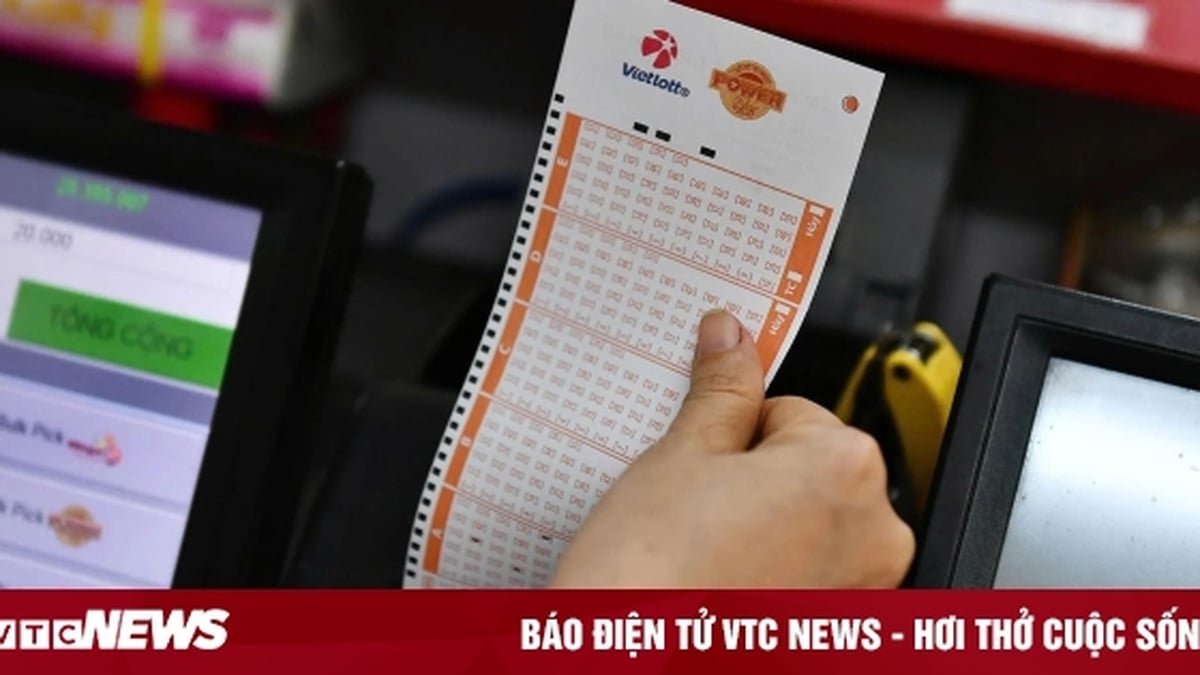
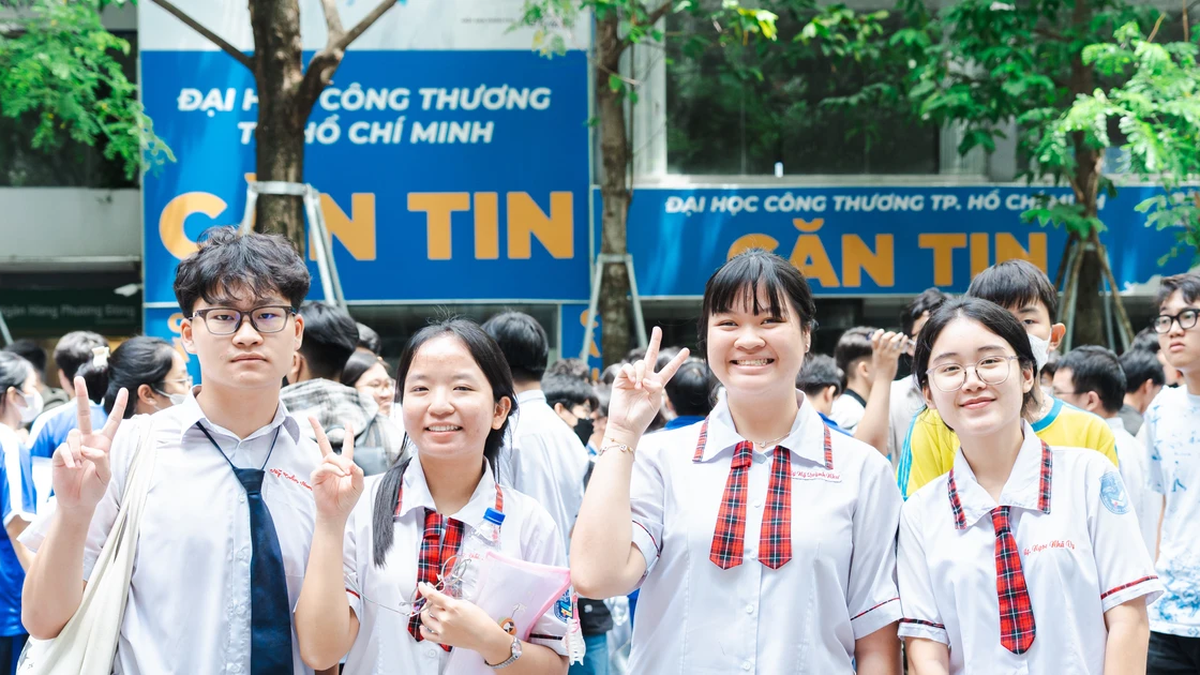



























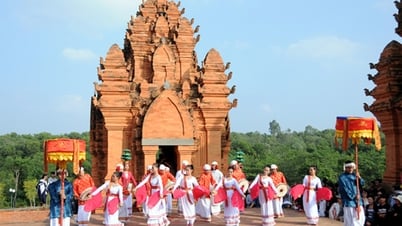



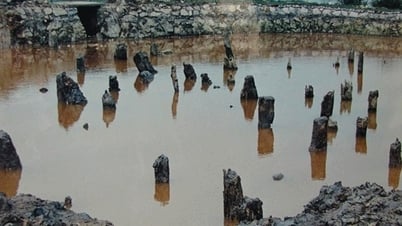

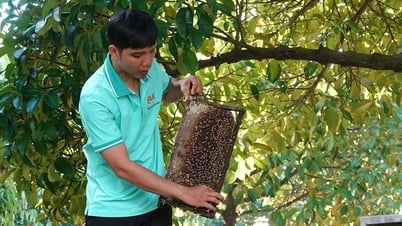



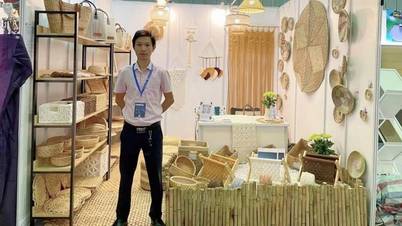
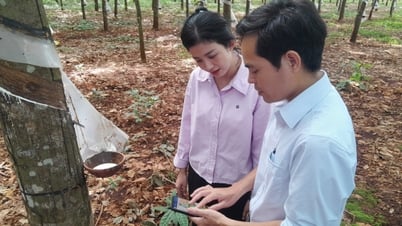

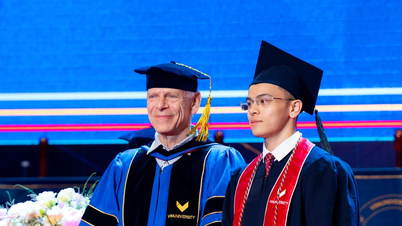









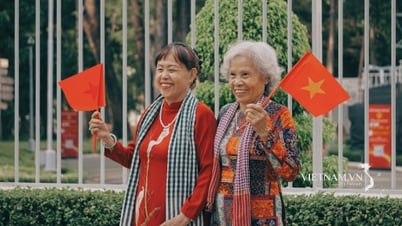
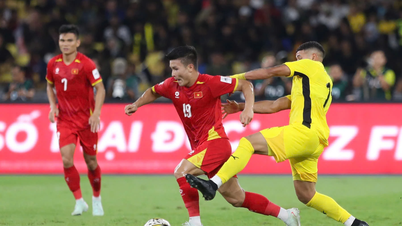



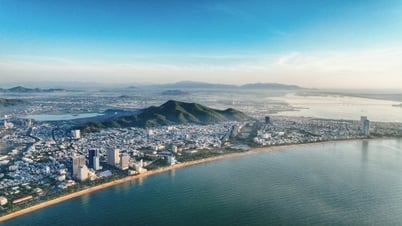




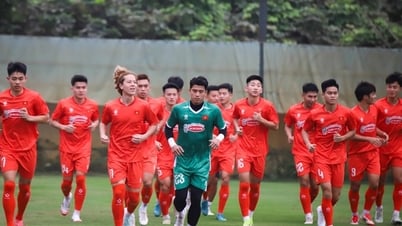



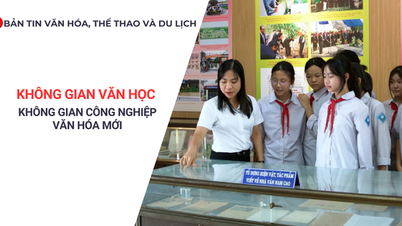
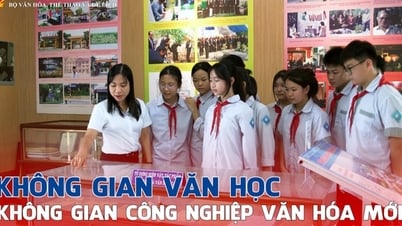
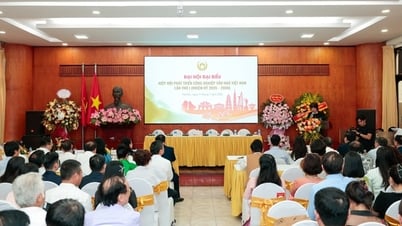






















Comment (0)